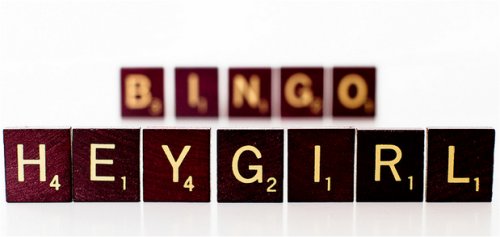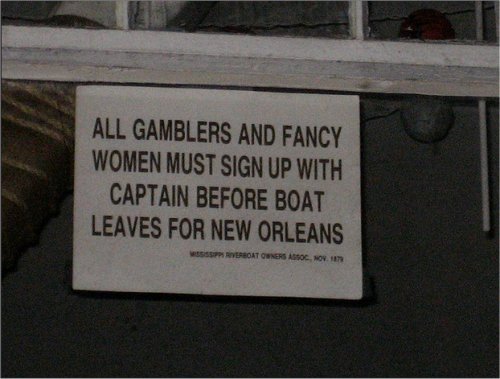|
|
 |
 |
|
Is bingo pointing to a missing trick? |
|
 |
|
 |
| |
 by Raymond
Bryson by Raymond
Bryson |
| |
Bingo is a game with a rich history
and, it seems, a very bright future. The way the game has been promoted and
taken up online is one of the less celebrated phenomena of the
21st century. In the UK alone bingo is said to account for a quarter of a
billion pounds in annual spend, and that figure is rising all the
time.
However, a close inspection of the data suggests that
whilst bingo
is a powerful hook with which to attract visitors and players, the
game itself is not as big a cash generator as that headline figure might imply.
For example, data from Gambling Compliance suggests that as little of 30% of
that quarter of a billion pounds figure is generated directly from bingo
itself. The majority of the income - some £181 million - is derived from
games that sit alongside the headline bingo offering. Slots and linked casino
and sports betting options are obvious candidates for such a
presentation.
Looking beyond the numbers
The accounting
of these issues is never entirely clear-cut. Different survey models will not necessarily classify
different suppliers the same way. Some surveys, for example, simply take the
headline figures declared by a bingo brand as the basis for their calculation.
As the preceding paragraph suggest, such an overview can seriously affect our
reading of just how much bingo is taking place and how much revenue the game
itself is generating.
Rather than try to sift through the numerous
different - and continually updated - assessments of the size and make-up
of the gambling industry as a whole, it might be more instructive
in the first instance to question what it is that ‘bingo’ offers
gamers as a point of entry. In other words, rather than a focus on the numbers,
what the above prompts us to ask is what is it about bingo that makes it such a
popular route in to gaming environments?
A different vision
A
partial answer emerges as soon as we turn that question around and ask what is
it about more directly marketed gambling products that is not hitting the many
users who reach them via bingo sites? It would seem that the softer, more
feminised presentation that typically characterises bingo poses less of a
barrier to participation than the more explicit marketing of casino and betting
sites. This is not to say that these types of site do not have their own
natural constituency, merely that there is a great deal of business being done
via the bingo route which might not otherwise be transacted.
Mind the
gender gap
In terms of the wider picture, this suggests that there is
scope to render casino, slots and sports book products in a less traditionally
masculine format. To date much of the psychology informing gaming marketing has
been premised on the basis of an essentially masculine user (e.g. overtly
sexualised female croupiers and bold, emotionally resonant colouring). Given
that there is nothing in the games themselves that necessarily tends towards
either gender, this is perhaps becoming a lop-sided presentation. Currently, it
seems the imbalance is being catered for by what are essentially
‘feminized’ points of access to these games via bingo sites whose
core user base is overwhelmingly female.
It suggests that there is scope
for the wider industry to learn something from the success being enjoyed by the
bingo providers. There is a great deal of female demand that is only being
partially catered for at present.
In sport there are always winners and
losers. Currently, the big win that the English Premier League has enjoyed
appears to be - in part at least - at the expense of its Scottish counterpart.
Sadly for those involved, that noisy neighbour is not the only problem
blighting the game north of the border right now.
|
| |
 |
| |
 by Mai
Le 77 by Mai
Le 77 |
| |
 |
|
| |
|
|
 |
|
 |

